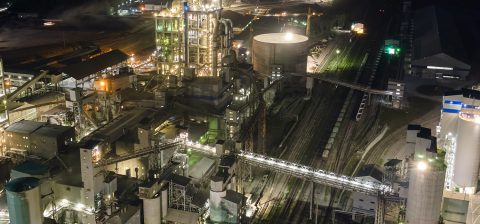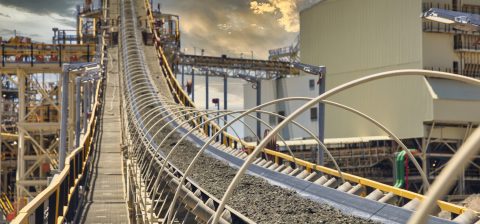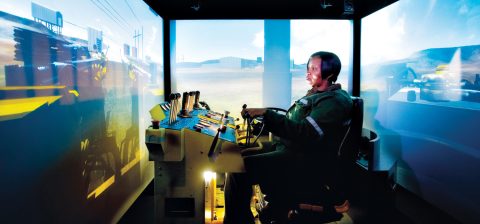SA Mining PR
Minerals Council
The Minerals Council South Africa supports further regulatory reforms to streamline the process of regulatory approval and licensing of self-generation electricity projects from a ‘red tape’ situation towards a ‘smart tape’ situation that will enable shorter timelines and a less bureaucratic approach. Should we achieve this, then South Africa will see more projects like the 40MW solar plant that was announced by Gold Fields yesterday.
Says Minerals Council CEO, Roger Baxter: “Since 2008, very rapid increases in electricity prices along with the unreliability of electricity supply have been the two largest contributing factors not only affecting existing large scale mining operations, but also impacting on the downstream processing and ferro-alloy production industries. The critical question is – what are we doing to encourage self-generation in the country and the economy?”
Self-generation projects have the potential to contribute significantly towards easing electricity supply constraints in South Africa while at the same time improving the competitiveness of the mining sector by reducing the cost of electricity and the industry’s carbon footprint.
Currently, 17 self-generation projects with capacity to generate 2.4GW of electricity, at various stages of completion within the regulatory process, are underway by Minerals Council members. Of these, 12 projects with capacity to generate 1.6GW of electricity are renewable self-generation projects. It is estimated that these projects could come online within the next 18 to 36 months.
Since 2019, significant progress has been made to unlock the regulatory environment and enable self-generation of electricity. The Minerals Council continues to engage constructively with the Department of Mineral Resources and Energy (DMRE), NERSA and Eskom on those constraints that delay the execution of self-generation projects.
The Minerals Council has made the following recommendations to the DMRE to streamline the regulatory process to enable additional self-generation:
- Establish a “one-stop-shop” mechanism coordinated by the DMRE to accelerate licensing of private sector generation for own use. The process should be streamlined, and all licensing should be approved within 90 days with progress reported to Cabinet.
- Increase the cap from 10MW to 50MW on Schedule 2 self-generation licences.
- Introduce licensing lite to make provision for small self-generation plants which currently undergo the same licensing process as large coal fired power stations.
- Take economies of scale into consideration.
- Address other potential constraints involving various government authorities that could cause delays.
- Address wheeling as reaching agreement often is a long and drawn out process with charges sometimes rendering projects uneconomical.
- Develop a flow diagram to outline the full licensing process to enable IPPs to plan accordingly and ensure accountability.
“We welcome the efforts of the DMRE to engage constructively with the industry on ways to streamline the regulatory approval process for self-generation projects. We support the increase in the Schedule 2 licence cap from 10MW to 50MW which will allow for more than 5,000MW of electricity generation to be freed up which will go a long way in easing the electricity supply constraints in South Africa impacting all aspects of the economy,” concluded Mr Baxter.






 Sign-up and receive the Business Media MAGS newsletter OR SA Mining newsletter straight to your inbox.
Sign-up and receive the Business Media MAGS newsletter OR SA Mining newsletter straight to your inbox.